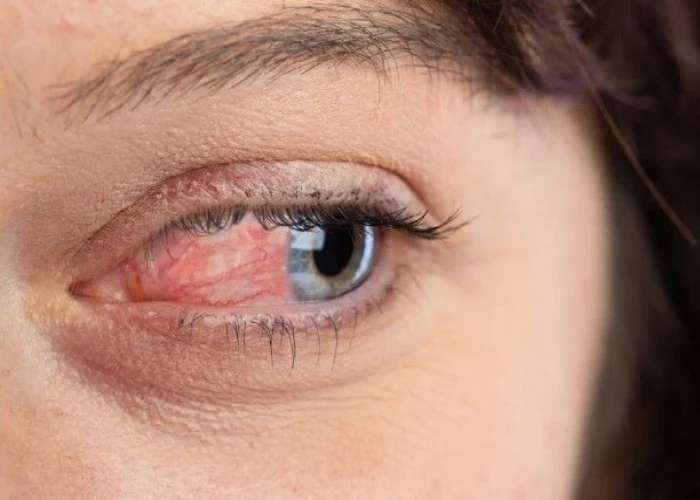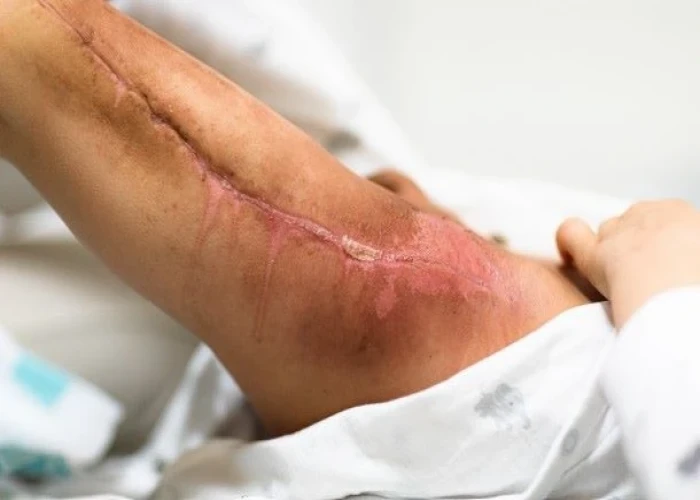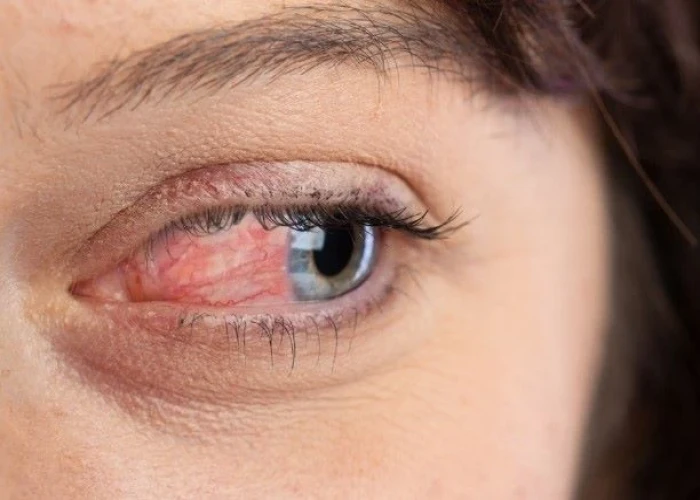 Welcome
Welcome
“May all be happy, may all be healed, may all be at peace and may no one ever suffer."
Ocular rosacea

Ocular rosacea is a subtype of rosacea, a chronic inflammatory skin condition that primarily affects the face. Ocular rosacea specifically affects the eyes, causing a range of symptoms such as dryness, burning, itching, and redness of the eyes and eyelids.
Ocular rosacea can occur in people with or without the skin symptoms of rosacea, but it is often associated with the facial flushing and redness that are common in rosacea. It is thought to be caused by inflammation of the glands and blood vessels around the eye.
Symptoms of ocular rosacea may include:
- Dryness, grittiness, or a foreign body sensation in the eye
- Burning or stinging of the eyes
- Redness or swelling of the eyelids
- Blurred vision
- Sensitivity to light
- Eye irritation or tearing
- Eye infections, such as conjunctivitis or blepharitis
Diagnosis of ocular rosacea typically involves a physical exam and evaluation of symptoms by an ophthalmologist or optometrist. Treatment may involve medications such as artificial tears, antibiotic eye drops or ointments, or oral antibiotics. In some cases, other treatments such as steroid eye drops or punctal plugs (small devices that help retain tears in the eye) may be recommended.
Prevention of ocular rosacea involves managing the underlying skin condition of rosacea, avoiding triggers such as sunlight, wind, and certain foods or beverages, and maintaining good eye hygiene. People with ocular rosacea should also have regular eye exams to monitor for any complications or changes in vision.
Research Papers
Disease Signs and Symptoms
- Itchy eye
- Red eyes (conjunctivitis)
- Eye pain or burning
- Watery eyes
- Dry eyes
- Blurred vision of eye
- Sensitivity to light (Photophobia)
- Swollen eye (Conjunctivitis)
- Pink eye (conjunctivitis)
Disease Causes
Ocular rosacea
The exact cause of ocular rosacea, like skin rosacea, is unknown. It may be due to one or more factors, including:
- Heredity
- Environmental factors
- Bacterial involvement
- Blocked glands in the eyelids
- Eyelash mites
Some research has also shown a possible link between skin rosacea and Helicobacter pylori bacteria, which is the same bacteria that causes gastrointestinal infections.
A number of factors that aggravate skin rosacea can aggravate ocular rosacea, as well. Some of these factors include:
- Hot or spicy foods or beverages
- Alcohol
- Sunlight, wind or temperature extremes
- Certain emotions, such as stress, anger or embarrassment
- Strenuous exercise
- Hot baths or saunas
Disease Prevents
Disease Treatments
Ocular rosacea can usually be controlled with medication and home eye care. But these steps don't cure the condition, which often remains chronic.
Your doctor may prescribe temporary use of oral antibiotics, such as tetracycline, doxycycline, erythromycin and minocycline. For severe disease, you may need to take an antibiotic for a longer time.
Disease Diagnoses
Disease Allopathic Generics
Disease Ayurvedic Generics
Disease Homeopathic Generics
Disease yoga
Ocular rosacea and Learn More about Diseases

Type 1 diabetes

Pneumothorax

Frontotemporal dementia

Mesothelioma

Recurrent breast cancer

Hemorrhoids (Piles)

Shellfish allergy

Rhabdomyosarcoma
ocular rosacea, ওকুলার রোসেসিয়া
To be happy, beautiful, healthy, wealthy, hale and long-lived stay with DM3S.
